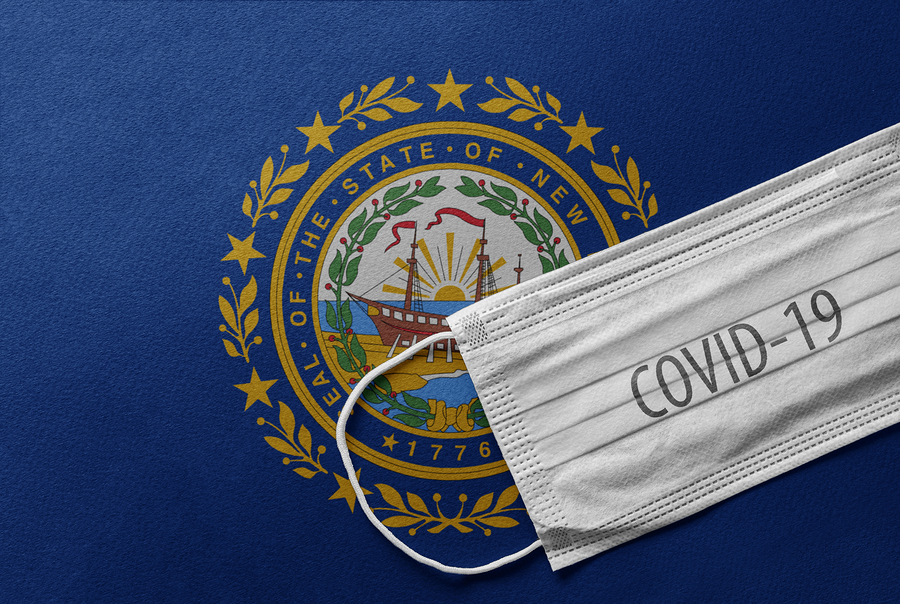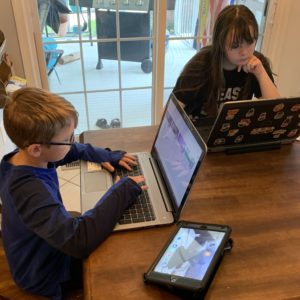New Scholarship Program Tackles NH COVID Learning Loss

Students suffering the effects of the long COVID lockdowns are getting some help, thanks to a New Hampshire Department of Education (DOE) scholarship program.
The Yes, Every Student (YES!) scholarship program is designed to help families and residents whose education was negatively impacted by the COVID-19 pandemic by awarding $1,000 tutoring scholarships to New Hampshire students, which includes public, non-public, home education, and Education Freedom Account students. It is the second year in a row the Department of Education has offered the scholarships.
“Although it has been two years since the start of the pandemic, some students may still feel that they are not meeting their desired academic performance,” said DOE Commissioner Frank Edelblut. “These scholarships will be used to help children that may have experienced disrupted learning and provide them with individualized tutoring and support to target their unique educational needs.”
Andrew Yates with the national education non-profit yes. every kid praised New Hampshire’s scholarship program.
“We commend Commissioner Edelblut for putting forward a universal scholarship program to help all NH students seek tutoring services to help combat Covid learning loss,” Yate said. “Every family and student has faced unique challenges during this pandemic, and we support allowing all students the opportunity to find the best pathways to their educational success.”
According to a recent Harvard study, students in K through 12 schools that went remote during the pandemic have fared worse than students who stayed in school, losing ground in math and reading.
“In districts that went remote, achievement growth was lower for all subgroups, but especially for students attending high-poverty schools. In areas that remained in person, there were still modest losses in achievement, but there was no widening of gaps between high and low-poverty schools in math,” the study states.
Bill Gates, Microsoft founder and philanthropist, recently noted that students in high poverty areas who were abandoned to online learning have experienced an education gap that will impact them for decades.
“In K through 12, we have a learning deficit that will take us a long time to erase, and sadly it’s a deficit that in the inner city is almost two years,” Gates said.
According to a report from the consulting firm McKinsey, the learning gap experienced by school students now, especially minority students, threatens economic depression in the years to come.
“Our analysis shows that the impact of the pandemic on K–12 student learning was significant, leaving students on average five months behind in mathematics and four months behind in reading by the end of the school year,” the report states.
Parents in New Hampshire responded to closed classrooms and learning loss by fleeing the public school system.
“Until the pandemic, enrollment decline in New Hampshire was relatively slow but steady: between 0 and 2 percent each year,” NHPR reported. “But in 2020, enrollment declined by 4.5 percent, about 8,200 fewer students in one year.”
The scholarships from the Department of Education can be used for tutoring as well as special education therapies and services. The state has about $2.3 million in funding from the Governor’s Emergency Relief Fund under the CARES Act for the scholarships. Last year, the DOE awarded nearly $1.9 million to almost 500 recipients for tutoring and other needs.
To apply for a Yes! scholarship, visit Yes, Every Student. Please email questions to yes@doe.nh.gov.













